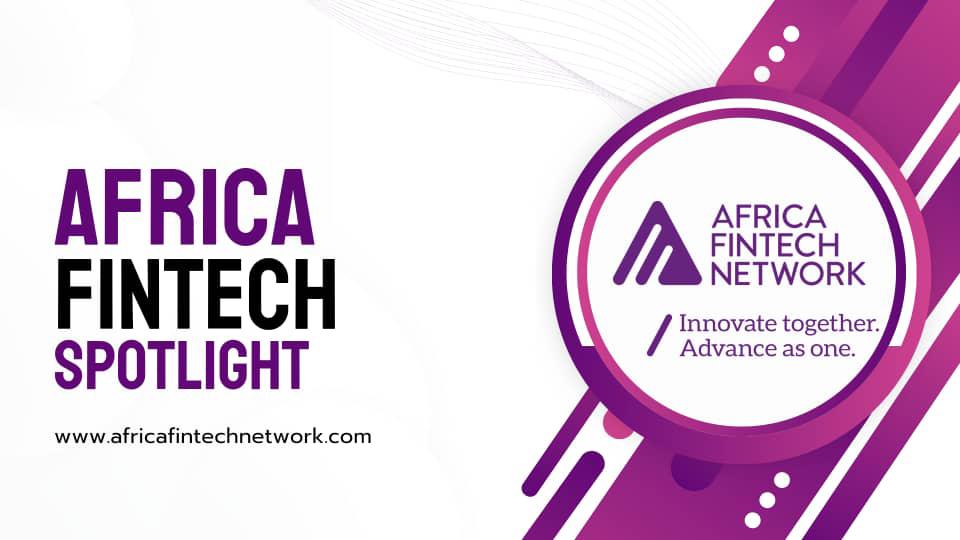
Africa FinTech Spotlight
EFT Corporation Partners with Kenyan SACCOs to Develop Shared Payments Platform
EFT Corporation, a payment solutions provider based in Africa that supports over 100 million end users and processes more than US$33 billion in transactions annually, has partnered with several of Kenya’s leading savings and credit cooperatives (SACCOs) to develop a shared digital payments platform.
The announcement was made at EFT Connect: Kenya, an event held in Nairobi in May 2025, which brought together regulators, SACCO representatives and fintech stakeholders to discuss the future of cooperative financial infrastructure.
iSmart Marks a Decade of Digital Impact in Ghana and Beyond
Leading Ghanaian-based value-added services (VAS) and payment solutions provider, iSmart International Ghana Limited is marking a decade of innovation and connectivity with a series of activities designed to honour its dedicated team and also project its brand success and unique impact in Ghana’s telecoms, digital and fintech spaces.
The anniversary will be marked mainly with a series of exciting and carefully planned staff-focused events between now and the month of August, and it will be climaxed with a massive gala and awards night in the final week of August.
Read more: https://cedirates.com/news/ismart-marks-a-decade-of-digital-impact-in-ghana-and-beyond/
Cryptocurrency and Exchange Control: The legal implications of Standard Bank of South Africa v South African Reserve Bank and others
In a groundbreaking decision handed down on 15 May 2025 in Standard Bank of South Africa v South African Reserve Bank and Others [2025] ZAGPPHC 481, the Gauteng High Court ruled that cryptocurrencies do not fall within the ambit of South Africa’s Exchange Control Regulations (Excon Regulations). Though currently suspended pending an appeal, the judgment represents a watershed moment for crypto asset service providers (CASPs), fintech innovators, financial institutions, and regulators alike.
The court’s finding, being that cryptocurrencies are not “money” or “capital” for purposes of exchange control, unlocks temporary regulatory breathing room for crypto players. Yet, it also lays bare a regulatory vacuum that is unlikely to remain open for long.
Read more: https://shorturl.at/yhthE
Nigeria’s Fintech Sector Thrives Amid African Tech Funding Decline
Nigeria’s fintech sector has maintained its pivotal role in the nation’s economic landscape, significantly improving access to capital, enhancing financial inclusion, and boosting operational efficiency for businesses through diverse digital platforms. This robust growth comes despite a substantial 53.5% drop in overall African tech funding in 2024, an observation highlighted in EnterpriseNGR’s State of Enterprise 2025 report.
The sector’s innovative strides, as detailed in the report, include the widespread adoption of automated payroll systems and streamlined digital payment solutions. The “Buy Now Pay Later” (BNPL) market is a key growth area, projected to reach an impressive $2.61 billion by 2030. Furthermore, the rise of digital lenders, now numbering over 400, has been crucial in extending credit to underserved individuals and Small and Medium-sized Enterprises (SMEs). Fintech innovations have also played a critical role in increasing remittance inflows and driving the broad adoption of mobile-first financial platforms across the country.
Read more: https://techafricanews.com/2025/06/27/nigerian-fintech-leads-african-tech-funding-amid-downturn/
Digital Payment Innovations in Sub-Saharan Africa
This paper takes stock of developments and policy issues related to digital payments innovations across sub-Saharan African (SSA), including central bank digital currency (CBDC), fast payments systems (FPS), mobile money, and crypto assets, which are now at the forefront of policymakers’ attention in the region. Drawing on insights from a recent IMF survey of SSA central banks (Ricci and others, 2024), the analysis is grounded in the unique characteristics of SSA compared with other regions.
The paper offers tailored recommendations related to policy, regulation, and design, aimed at strengthening the digital payment landscape in the region. It notes the important role of strengthening digital infrastructure and leveling the playing field for private sector involvement through an enabling, competitive, interoperable and secure operating environment. The development of mobile money and FPS should be encouraged.
56% of Singapore Consumers Aware of Cross-Border Digital Wallet Capabilities
While digital wallets offer a compelling vision for the future of cross-border payments in Singapore, a new report reveals a notable disparity between robust merchant familiarity and lagging consumer awareness, a key factor potentially hindering broader adoption.
The “Global Money Movement: Singapore Edition” report, a recent collaboration between PYMNTS Intelligence and TerraPay, provides an in-depth analysis of the evolving digital wallet landscape for cross-border payments within the city-state.
Conducted from September to October 2024, the comprehensive study drew insights from 2,757 consumers in Singapore, including 777 who conducted cross-border payments in the preceding 12 months.
Read more: https://shorturl.at/5rETl




